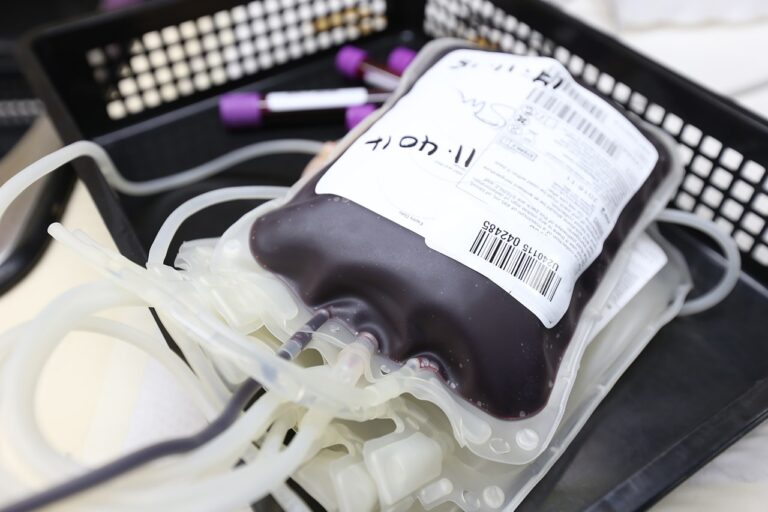Understanding Respite Care in Singapore: A Vital Support for Caregivers and Families
In today’s fast-paced world, caregiving can be both a fulfilling and demanding responsibility. Whether it’s for an elderly parent, a loved one recovering from surgery, or a person with disabilities, providing continuous care can take a significant emotional and physical toll on caregivers. This is where Respite Care Singapore comes in — a crucial service that offers temporary relief to caregivers, ensuring that their loved ones continue to receive quality care while they take time to rest, recover, or attend to personal matters.
What is Respite Care?
Respite care refers to short-term, temporary care provided to individuals who need assistance with daily living activities. It is designed to give primary caregivers a break from their duties, whether for a few hours, a few days, or even weeks. In Singapore, respite care services are increasingly recognized as an essential part of the healthcare ecosystem, especially with the nation’s aging population and the rising number of people requiring long-term care.
Respite care can be provided in a variety of settings, including:
-
In-home care: Caregivers come to the home to provide assistance, allowing the care recipient to stay in a familiar environment.
-
Day care centers: Individuals attend a care center during the day, engaging in social activities and receiving necessary support.
-
Residential or nursing homes: Short-term stays at professional care facilities with 24/7 support.
Each option offers different levels of care and support, tailored to the needs of both the caregiver and the care recipient.
Why is Respite Care Important?
Caring for a loved one is a noble act, but it can also lead to burnout if not managed well. Many caregivers in Singapore juggle between full-time jobs, their own families, and caregiving duties, leading to chronic stress, fatigue, and in some cases, depression.
Respite care provides a much-needed break, allowing caregivers to:
-
Recharge physically and emotionally: Time away from caregiving can reduce stress, improve mood, and help avoid burnout.
-
Attend to personal matters: Whether it’s going to medical appointments, handling errands, or taking a short vacation, respite care gives caregivers the freedom to manage their own lives.
-
Improve care quality: When caregivers are well-rested and emotionally balanced, they’re more capable of providing high-quality care.
For families, respite care can also serve as a trial run before deciding on permanent care arrangements, especially when considering long-term nursing care for a loved one.
Types of Respite Care Services in Singapore
Singapore offers a range of respite care services designed to cater to diverse needs:
1. In-Home Respite Care
This service involves a trained professional visiting the care recipient’s home to provide assistance with daily activities such as bathing, feeding, medication, and companionship. In-home respite care is especially popular because it allows individuals to remain in their familiar surroundings.
2. Day Care Services
Day care centers for the elderly and disabled are equipped with trained staff, engaging activities, and medical support. These centers are ideal for caregivers who need to go to work or attend to other daytime responsibilities.
3. Residential Respite Care
Some nursing homes and assisted living facilities in Singapore offer short-term stays for those who need constant care. These institutions are staffed by healthcare professionals and are equipped to handle medical and rehabilitative needs, offering peace of mind to families while they take a break.
4. Emergency Respite Care
In situations where a caregiver falls ill or has an urgent matter to attend to, emergency respite care services can be arranged quickly to ensure that the care recipient is not left unattended.
Choosing the Right Respite Care Provider
When searching for a reliable Respite Care Singapore service provider, it’s essential to consider several factors:
-
Experience and qualifications of caregivers
-
Range of services offered
-
Flexibility in service duration and timing
-
Reputation and reviews from other families
-
Compatibility with the care recipient’s needs and personality
Having an open conversation with your loved one about respite care can also help make the transition smoother, particularly if they are hesitant or unsure about receiving care from someone new.
Government Support and Subsidies
Recognizing the importance of caregiver support, the Singapore government has introduced several initiatives to make respite care more accessible and affordable:
-
Caregiver Training Grant: Helps caregivers offset the cost of training to better manage caregiving duties.
-
Caregivers’ Respite Subsidy: Offers financial support to eligible families using respite care services.
-
Home Caregiving Grant: Provides a monthly cash payout to support caregiving expenses at home.
These subsidies can significantly reduce the financial burden and encourage more families to utilize professional respite care.
Addressing the Stigma Around Seeking Help
Despite the availability of quality services, some caregivers still hesitate to use respite care due to cultural expectations, guilt, or fear of judgment. There’s a common misconception that seeking help implies weakness or failure in caregiving. However, using respite care should be viewed as a proactive and responsible choice.
Professional Respite Care Singapore services are designed not to replace the caregiver but to support them. By engaging these services, caregivers ensure that their loved ones receive consistent, high-quality care while they themselves remain healthy and well-balanced.
Looking Ahead: The Future of Respite Care in Singapore
With the growing elderly population and an increasing number of dual-income households, the demand for respite care in Singapore is expected to rise steadily. Innovations in eldercare technology, personalized care programs, and community-based support systems are all contributing to a more holistic and efficient caregiving landscape.
Providers are also moving toward more integrated models of care, offering medical, emotional, and rehabilitative support under one roof. This holistic approach ensures that both the caregiver and care recipient benefit from a continuum of care tailored to their evolving needs.
Conclusion
Respite Care Singapore plays an indispensable role in supporting families and caregivers across the nation. It provides much-needed relief to those who dedicate their lives to caring for others, ensuring they too can maintain their own well-being. As the caregiving landscape continues to evolve, embracing respite care services will be key to building a compassionate, resilient, and inclusive society for all generations.







